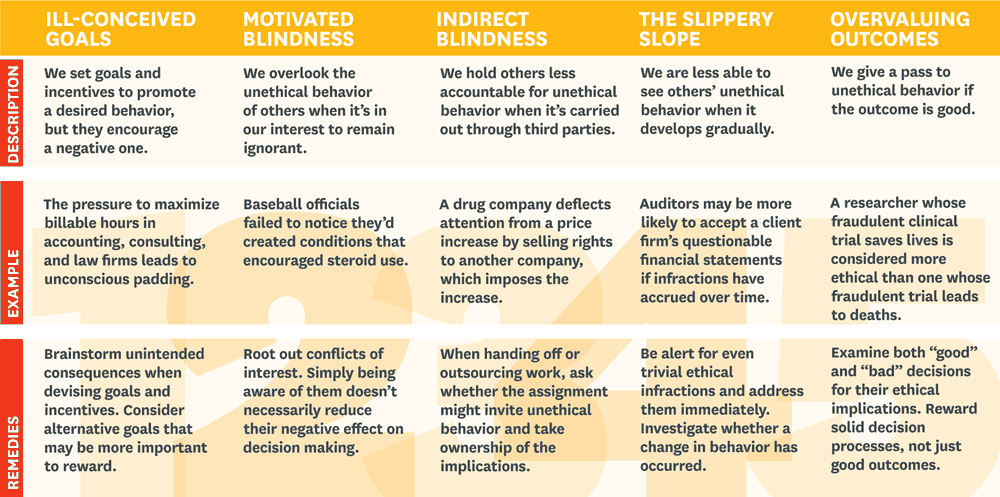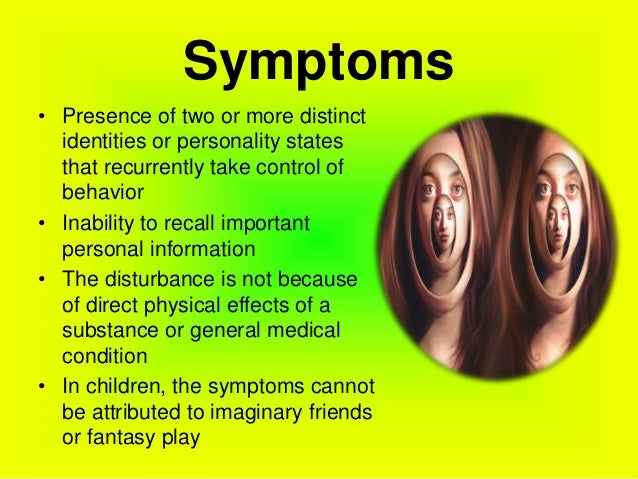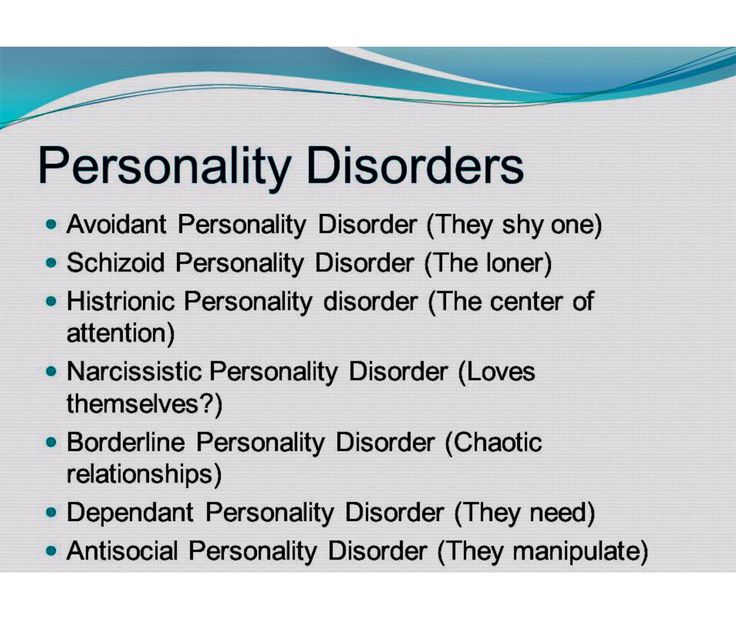All the art of living lies
Letting Go While Holding On
All the art of living lies in a fine mingling of letting go and holding on.
~ Havelock Ellis
So for a while now we’ve been talking about Spring Cleaning and the importance of lightening our load so we can live our best, most fabulous life. But once we lighten our load, does that mean we hold on tight to what we have?
In terms of relationships, initially it’s important to identify who to let go of but also realize that even within the relationships we hang on to, there still needs be an element of letting go.
As Ellis’ quote suggests, there must be a balance. And it is, indeed, an art. Meaning, it ain’t easy.
If we let go too much, we can come across as uncaring and apathetic. But if we hold too tightly to a loved one, we risk smothering the relationship. Holding too tightly can lead to control, manipulation, and resentment that overtime, can erode the structure of a healthy relationship.
If a truly solid marriage is when two whole people come together to share a life, then we need to maintain the integrity of our wholeness while living a life together.
Think of the beautiful pillars that hold up a temple. They are each strong in their own right but must maintain a certain amount of space in order to uphold something bigger than themselves. Engineers work hard at finding that perfect mathematical balance. The same principle goes for relationships.
We need to allow our partners their individual liberty. To allow them to maintain that beautiful autonomy that perhaps we were so attracted to in the first place. Give them their space. And expect the same in return.
I’ve seen it happen several times to close friends. A couple starts off enraptured with one another and one or both of them loses part of themselves in the other. I’ve been guilty of this myself. It may feel good at the time, but in the long-run, this can be a recipe for disaster. Even landed a friend of mine’s husband in a mental ward because he couldn’t handle the separation she was inflicting on him for wanting to be “her own person” again after years of being enmeshed in one another.
Even landed a friend of mine’s husband in a mental ward because he couldn’t handle the separation she was inflicting on him for wanting to be “her own person” again after years of being enmeshed in one another.
I think this is a common mistake when we’re younger and still searching for our identity through others but I’ve seen it happen to older adults as well.
So I think it’s important to always keep this top of mind and remind ourselves that when we start to feel the slightest bit controlling in a relationship, to back off. To know that we don’t have to exert power over another just to get our way. But through love, listening, understanding, and clear communication we can have our wants and needs met and live a happy life in tandem. 🙂
Kahlil Gibran beautifully articulates the concept of letting go in his poem Marriage —
You were born together, and together you shall be forevermore.
You shall be together when the white wings of death scatter your days.
Ay, you shall be together even in the silent memory of God.
But let there be spaces in your togetherness,
And let the winds of the heavens dance between you.Love one another, but make not a bond of love:
Let it rather be a moving sea between the shores of your souls.
Fill each other’s cup but drink not from one cup.
Give one another of your bread but eat not from the same loaf
Sing and dance together and be joyous, but let each one of you be alone,
Even as the strings of a lute are alone though they quiver with the same music.Give your hearts, but not into each other’s keeping.
For only the hand of Life can contain your hearts.
And stand together yet not too near together:
For the pillars of the temple stand apart,
And the oak tree and the cypress grow not in each other’s shadow.
So what’re your thoughts? Do you think this concept of letting go is necessary for a lasting relationship? Have you ever lost yourself in someone? Any advice from the married folks out there on how to maintain your sense of self in a long-term relationship?
Photo courtesy of Frank Selmo
Like this:
Like Loading. ..
..
Inspiration, Love, Relationships
ingrid schaffenburg, kahlil gibran, letting go, marriage
All the art of living lies
“All the art of living lies in a fine mingling of letting go and holding on.” – Havelock Ellis
I started writing this post about a year ago. I was in Crescent Head, surfing my butt off, and hoping – some may say pushing – for my daughter to start surfing with me, on a new board that Santa brought her for Christmas.
Here’s what I wrote last Christmas:
—-
Sometimes it’s really hard being honest. Even more so when the person you’re being honest with is yourself.
I have been trying to teach my daughter how to surf for the past week or so on our summer holiday. Occasionally Indrani has been a willing student, but mostly I have a litany of refusals ranging from “maybe later” to “I’m just not feeling like it today, Dad.”
After what seemed a promising start to the day today, my daughter Indrani was willing to have a go, and try catching some waves. Once we were at the beach however, board in tow, it was a very different story.
Once we were at the beach however, board in tow, it was a very different story.
Her reluctance degenerated into an argument between us, and I found myself frustrated to the point of almost throwing the board away.
I gave up, and told my wife “I don’t even care if she ever learns to surf. I just don’t.”
They my wife delivered a classic one-liner that made me stop and think differently about the situation:
“Maybe you’re making this more about you instead of about her?”
“Yeah you know what? You’re probably right…” was what I actually said. (The inflection was more like “Yeah you know what? F**k off.”)
I went for a walk and had a swim. I did some thinking. I realised that my wife, as usual, was 110% correct, and had called me on the very reason my daughter was pushing back. It was all about my desire to have a daughter who surfed, rather than about whether my daughter even wanted to surf at all.
So, hesitantly, I walked back to the sand where Indrani was playing with my wife and son.
I asked Indrani to come sit next to me, and listen carefully. I explained that what I was about to say was important, and very hard for me to say.
I confessed to her that I was making the surfing thing more about me and my timeline instead of about her. I explained that I’d simply sit back from now on, and let her figure it out when she wanted to – if she wanted to.
I cried as I was having this talk with Indrani. It’s not uncommon for me to tear up when I am emotionally connected with something. In this case, I think it was partly about realising how much I’d wronged Indrani, but also partly about my ego dealing with the cost of simply letting go and letting her be her own person.
After I’d finished speaking (and crying) Indrani leaned across and gave me a hug, and then I took a walk along the beach to a spot where I could sit and cry it all out on my own, without bothering her or anyone else.
Being so brutally honest with myself to get to this point really hurt, as did letting go of my attachment to her surfing.
The upside is that my actions have created a new space between us, where Indrani feels free to tackle surfing in her own time, at her own pace.
Later the same day, for example, she went for a paddle with my wife, each of them on their own boards, and Indrani practiced standing up on the board – all of her own volition. (Precisely what had caused the argument in the first place.)
Being honest is hard at first, but the payoff is priceless.
—-
Now it’s almost a year later, and Indrani’s surfboard has been collecting dust in the garage from the moment we returned from Crescent Head.
This morning, however, Indrani came with me to “Fluoro Friday” – a weekly get together run by the mad One Wave crew, which is all about having fun, surfing in zany fluoro gear, and getting through a funk. (“Funk” is loosely defined as anxiety, depression, bi-polar, or any other form of “downer, man”.)
The catalyst of this breakthrough was the prospect of meeting other girls her own age at the event.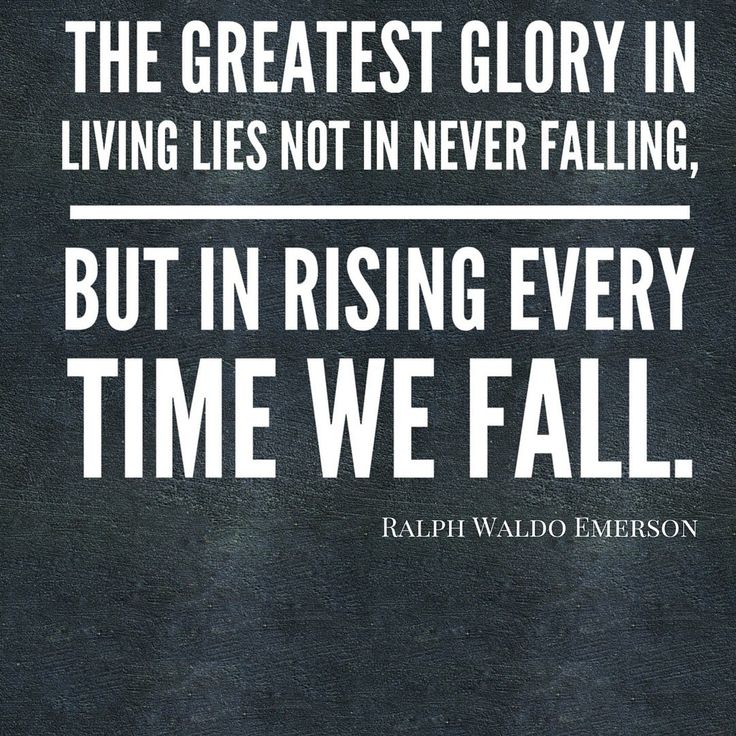 And the fact that there is a distinct “fashion” element, with the fluoro clothing.
And the fact that there is a distinct “fashion” element, with the fluoro clothing.
The real genesis of this moment, however, came almost twelve months earlier when I wrote that piece above.
I’ve learned the value of letting go.
And in letting go, I’ve been able to hold on to my girl, and experience one of my proudest Dad moments – when Indrani caught her first wave all the way to the beach. (Not standing up, but that’s another “letting go” I’m working on.)
I let go of my attachment to Indrani’s surfing, and when she was ready, she willingly and enthusiastically started surfing. She had her outfit chosen almost a week ago, and we laid it out together on her bed last night. After a late night, I forgot to set my alarm, and Indrani came into my room at 6:01am saying “Dad! Fluoro Friday!” Excited? Nah, not much.
When she hit the sand today after her first awesome wave, Indrani jumped off the board and started jumping up and down, pumping her arms in the air with excitement.
I nearly cried.
Havelock has it true. All the art of living lies in a fine mingle of letting go and holding on.
With love,
Israel. xo
All lies: about the total lies of contemporary art: teterin — LiveJournal
Kitty Obolenskaya is a subtle and aggressive art historian. Engaged in art consulting. By order of the London publishing house Collins & James and the Moscow Slovo, he is writing a book about lies. Introduction is in front of you.
I am very good at lying, but this is hardly my innate quality. My life has taught me to lie calmly, without changing facial expressions, without much straining internally. It so happened that I constantly cheated. First parents, then teachers, teachers, boys, girls, grandmother, husbands, lovers, employers, clients - everyone who came across my path. At the same time, I do not consider myself deceitful through and through. It’s just that when I really want something, I lie, I lie fearlessly. I even developed a keen sense of smell for subtle lies. A good lie is like the world of an expensive fantasy film; you seem to understand everything, but instantly you start to believe in three-meter blue people or something else like that. But my skills still look modest and awkward in comparison with what is called the world's contemporary art - there really is someone to learn from, especially me, a modest but nice art consultant. nine0003
I even developed a keen sense of smell for subtle lies. A good lie is like the world of an expensive fantasy film; you seem to understand everything, but instantly you start to believe in three-meter blue people or something else like that. But my skills still look modest and awkward in comparison with what is called the world's contemporary art - there really is someone to learn from, especially me, a modest but nice art consultant. nine0003
An inexperienced person will say about a work of art: “Nonsense, I can do that too!” And the tempted one will answer: “You can’t anymore, because someone did it before you. And he did it first, especially since this is not a lie, but a substitution, not a swindle, but a provocation. The question is always in the criteria. And there are none, just like there are no borders, just like there is no limit for a credit card when you stand in front of a vintage Alexander McQueen. There is a kind of talking reed with which the banks have grown, and through it the river has not been seen for a long time.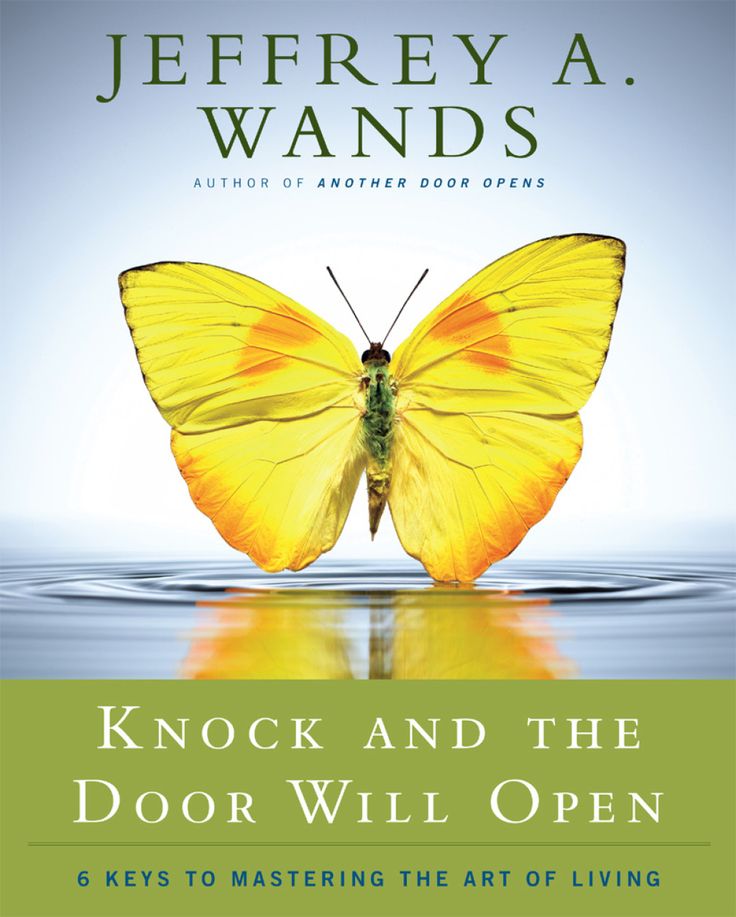 The reed whispers in his ear: “Don't show off. Do like everyone else if you're in the game." nine0003
The reed whispers in his ear: “Don't show off. Do like everyone else if you're in the game." nine0003
If you are an artist, you must be arrogant, stupid and handless - then you have a chance. If you are a critic, you must be arrogant, stupid, ambitious, drunk - then you have a chance. If you are a gallery owner, you must be arrogant, ambitious, illiterate and dexterous. Insolence and ambition in this line of work are the main components of success, as well as pure distilled lies. As soon as your arrogance and ambition disappear, you fall out of the pack, and the pack gnaws at you, starting from the heels and further to the throat. As soon as you stop lying, the party spits you out to hell. nine0003
So, everyone lies, but who lies? They mostly lie to each other. Spectators and buyers, those to whom the fiery message of visual art or new media should really be addressed, do not take part in these processes. This is interesting to three hundred people who are boiled in a liquid Russian porridge, half of coarsely chopped cow parsnip, half of pearl barley, tinted with watercolors. This is not New York for you, fat rib-eye, and not even London, where there is a hoo fish in the chips, and not even stupid, strudel-curled Vienna. There is a huge machine, there is an industry, there is a market. nine0003
This is not New York for you, fat rib-eye, and not even London, where there is a hoo fish in the chips, and not even stupid, strudel-curled Vienna. There is a huge machine, there is an industry, there is a market. nine0003
Everyone who is in one way or another connected with contemporary art and the adjacent areas of painless extraction of money from the air is afraid to voice the obvious truth, because then you will have to look for another job and start living differently, without aged champagne "Veuve Clicquot", without clothes Prada and mini-cooper.
Beyond the borders of our dear homeland, the concepts of "beauty" and "value" are formed by masters of illusions with a subtle understanding of the spirit of the times, who know perfectly well who they directly address their next chiseled lie. You can pay millions for obvious nonsense, but only if the same is exhibited in MoMA, Prada or Pino have it, if de Pury rolls his eyes and rubs his hands happily, receiving it for the next sale, if the daring Gagosian, indifferent Joplin or languid Saatchi hangs out the same . And what is the result? As a result, the language no longer turns to call it a swindle. nine0003
And what is the result? As a result, the language no longer turns to call it a swindle. nine0003
It's obvious to me that in Russia all this is not yet there, and diligent people pretend that it is, just now something has happened for a minute. So far, there is only a rare chain of collectors, a dozen critics tormented by Narzan and a hundred different kinds of artists, so to speak, serving the same runway, which so far no one has landed on and from which no one has taken off for a long time. They do not form or create a market. Even if you open three more Artchronika magazines, the market will not appear. There is no tradition, there is no continuity either, so phantom stories easily arise, badly dished up in a way that any truth will never look like. Take, for example, Grandmaster Kabakov's last Moscow exhibition, which did not feature any of his own handicrafts. nine0003
At the same time, everyone who is somehow connected with contemporary art and the adjacent areas of painless extraction of money from the air is afraid to voice the obvious truth, because then you will have to look for another job and start living differently, without the aged champagne "Veuve Clicquot" , without Prada clothes and mini-cooper. Therefore, walking around the streets of a naked king in a false coordinate system is declared an art. This is actionism or activism. N'est-ce pas? And then we will return to the hackneyed, like a Spartak fan after a match on the road, the phrase about a thousand times repeated lies, which supposedly becomes true. No, it doesn't. To pompously wrinkle a washed-out forehead and contemptuously move the pimply wings of the nose towards those who do not understand, saying that the profane are not able to discern the hidden meanings behind this - all this will not dress the king. A clumsy lie will remain a lie, no matter how clever and intrepid hands dissect it, using the full palette of the achievements of French philosophy, American sociology and very advanced Marxist theory. nine0003
Therefore, walking around the streets of a naked king in a false coordinate system is declared an art. This is actionism or activism. N'est-ce pas? And then we will return to the hackneyed, like a Spartak fan after a match on the road, the phrase about a thousand times repeated lies, which supposedly becomes true. No, it doesn't. To pompously wrinkle a washed-out forehead and contemptuously move the pimply wings of the nose towards those who do not understand, saying that the profane are not able to discern the hidden meanings behind this - all this will not dress the king. A clumsy lie will remain a lie, no matter how clever and intrepid hands dissect it, using the full palette of the achievements of French philosophy, American sociology and very advanced Marxist theory. nine0003
There is only one way out - we must continue to lie, complicate the lie, make it refined, subtle and elegant! Let those who get it down their throats eat and not choke, let there be many of them - thousands, hundreds of thousands, millions. ..
..
Fortunately, the world is bigger than our dear gate, than our cemetery overgrown with style of the late Polenov. And this big tasty kind world should become our goal.
It is necessary to stop quarreling, forcibly end petty squabbles, extinguish smoldering strife with one spit and unite front, skillfully, mercilessly and uncompromisingly begin to create a new national lie, accept lie as the main tool, for the main platform, for the mother board of what is called contemporary art . As a role model, let's take the figures of the Russian avant-garde with Kazimir Severinych and Comrade Rodchenko at the head. The charming burn-out comrade Lissitzky, backed by the GPU and the People's Commissariat for Education, quickly taught them how to fool the world elite, eager to partake of the new art. So you have to learn to lie, study and study ... in a real way, to paraphrase Lenin's grandfather. And we will succeed. nine0003
Everything is a lie: art consultant Kitty Obolenskaya about the total lies of contemporary art | We love Interview
As an add-on, the ability to die or the Art of living
Archimandrite Raphael (Karelin)
The ability to die or the Art of living
Part 15 Part 17
Download
epub fb2 pdf
Question : What sins does a person commit with his tongue? nine0003
Reply : The tongue is like a flame, which seems small, but if handled carelessly can turn an entire city into ashes. The tongue is like a small ship's rudder: it is invisible in the water, but turning it wrong gives the ship a false direction, and the further the ship sails, the further away from the target 121 . Man is called a verbal being; through the word he turns his soul to God in prayer, through the word he communicates with people, through the word he acquires knowledge, and at the same time, careless handling of the word, looseness of the tongue plunges the human soul into many sins. Almost half of all the sins that a person commits are due to the abuse of the great gift of God - the word. We can say that the life and death of our soul is in the power of language. nine0003
The tongue is like a small ship's rudder: it is invisible in the water, but turning it wrong gives the ship a false direction, and the further the ship sails, the further away from the target 121 . Man is called a verbal being; through the word he turns his soul to God in prayer, through the word he communicates with people, through the word he acquires knowledge, and at the same time, careless handling of the word, looseness of the tongue plunges the human soul into many sins. Almost half of all the sins that a person commits are due to the abuse of the great gift of God - the word. We can say that the life and death of our soul is in the power of language. nine0003
The most terrible sin in a word is perjury. When a person swears falsely, especially in the name of God, and calls God to witness his words, he, as it were, pledges his own soul. He subjects himself to the judgment of God both in eternity and here on earth. Therefore, the sin of perjury is called a crying sin: like shed human blood, so it cries out to heaven for vengeance. The perjurer sells his soul to a demon, the seal of Judas lies invisibly on his lips. He who renounces God is a perjurer: he has renounced the vows of baptism, he has renounced the grace of God, which he received in the Sacraments of the Church. He lost the name of a Christian. nine0003
The perjurer sells his soul to a demon, the seal of Judas lies invisibly on his lips. He who renounces God is a perjurer: he has renounced the vows of baptism, he has renounced the grace of God, which he received in the Sacraments of the Church. He lost the name of a Christian. nine0003
There is another kind of renunciation of God – renunciation of monastic vows. A monk who lives in fornication is a constant perjurer; according to church rules, if such a person dies without repentance and return to monastic life, then he cannot even be buried in a Christian way 122 . It is especially scary when such a person is a clergyman and celebrates the liturgy: in every prayerful exclamation, he, as it were, utters an anathema to himself. According to the revelation given to St. Macarius of Egypt, the souls of such people go to the very depths of hell See Memorable Tales of the Asceticism of the Holy and Blessed Fathers. (M., 1999. S. 298. - Rev. .).
The second sin is a curse that a person pronounces in a state of anger or resentment, sometimes even in relation to people close to him. To curse a person means to wish him punishment on earth and death in eternity. Especially terrible is the curse of the clergy, and then the parents in relation to their children. An undeserved curse turns against the one who pronounces it, and a well-deserved curse overshadows the already difficult life of the person who brought it on himself, it seems to eat into his bones, and he carries it everywhere with him. A curse is a sin against the gospel commandment: love your enemies 123 , against the words of the apostle: bless and do not curse 124 . Often, the one who cursed another person bitterly repents of what he did, but the word has already been spoken, the hellish flame escaped from his mouth.
To curse a person means to wish him punishment on earth and death in eternity. Especially terrible is the curse of the clergy, and then the parents in relation to their children. An undeserved curse turns against the one who pronounces it, and a well-deserved curse overshadows the already difficult life of the person who brought it on himself, it seems to eat into his bones, and he carries it everywhere with him. A curse is a sin against the gospel commandment: love your enemies 123 , against the words of the apostle: bless and do not curse 124 . Often, the one who cursed another person bitterly repents of what he did, but the word has already been spoken, the hellish flame escaped from his mouth.
The third sin with a word is slander, a deliberate lie, through which we want to defame another person, the networks that we spread for him. In the Holy Scriptures, the fallen angel is called the devil, that is, the slanderer. Whoever slanders, who weaves intrigues, who tries to denigrate another person, he becomes one spirit with the devil. Slander is a kind of homicide through the word. nine0003
Slander is a kind of homicide through the word. nine0003
The fourth sin is condemnation. The Lord said: I have vengeance and recompense 125 , but a man undertakes to judge others instead of God. Every condemnation contains a lie, even though it may seem outwardly plausible. After all, the Lord will judge a person not only according to his deeds, but also according to the state of his heart, and the depth of someone else's heart is closed to us, therefore, judging his brother is a blind judge. The Lord said: With what judgment you judge, you will be judged; and with what measure you use, it will be measured to you 126 . This means that a person who condemns others is actually condemning himself. He, as it were, demands punishment from God for his sins; to condemn means not to forgive, and not to forgive - to remain unforgiven yourself. It must be said that there is no clear line between slander and condemnation, and an evil-speaking person almost always turns out to be a slanderer.
The fifth kind of sin is lying and pretense. In the Lord's Prayer, the devil is called evil, the second name of the devil is a liar. The Lord said of Himself that His name is Truth and he who is from the truth will hear His voice 127 . Here we are, as it were, between two poles: the truth leads to Christ, the lie leads to Satan. Modern man has forgotten how to be himself. He constantly puts on masks, constantly plays and lies. In our time, lying has become some kind of comprehensive, universal sin. A person has ceased to trust another person, this is one of the reasons why it is so hard to live in the modern world; by lying man has mortified his heart and quenched his love. A lie makes prayer weak: only the voice of the heart is heard in heaven, and the heart is closed to prayer words. He who knowingly lies to man will unwittingly lie to God. Lies fill your head with a whole cloud of thoughts. A person hides a lie with another lie. One type of lying before God is self-justification.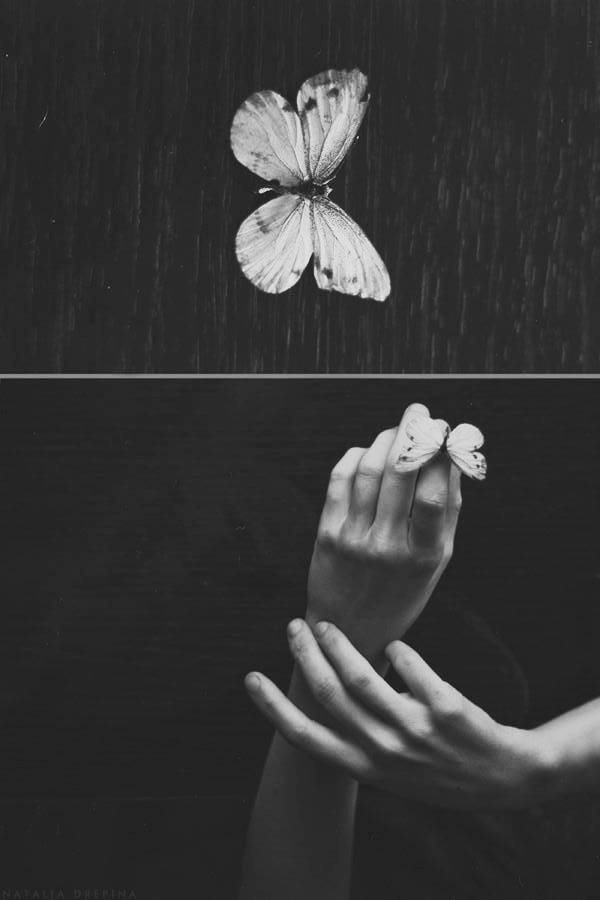 The holy fathers said: "If hypocrisy is added to the sins, then the soul remains unhealed." nine0003
The holy fathers said: "If hypocrisy is added to the sins, then the soul remains unhealed." nine0003
The sixth kind of sin in the word is vulgar jokes and swearing. In this case, a person spreads a spiritual stench around him with his words; he is like a bomb charged with dirt, which explodes at the slightest touch and defiles the souls of other people through hearing; especially vile is swearing with the mention of a shrine or blasphemous jokes. This sin is most often punished here on earth. We talked about blasphemous jokes, but every joke and ridicule is also akin to blasphemy. The joker is the younger brother of the foul language: man is the image of God, and in jokes this image is twisted and disfigured. A joke is a manifestation of an irreverent and lustful soul. nine0003
The next type of sin in a word is empty talk, the habit of talking about unnecessary and empty things, filling one's own and others' memory with random rubbish. Empty talk is the desire to speak, turning into a habit. If the empty talker does not speak out, then he feels sick and broken, like an alcoholic without wine. Empty talk removes the grace of God. Empty talk becomes a burden for those around us, so we need to learn the great science - silence. The idle talker is the enemy of his soul and the thief of someone else's time. Verbosity adjoins verbosity, but nevertheless differs from it in some way. nine0003
If the empty talker does not speak out, then he feels sick and broken, like an alcoholic without wine. Empty talk removes the grace of God. Empty talk becomes a burden for those around us, so we need to learn the great science - silence. The idle talker is the enemy of his soul and the thief of someone else's time. Verbosity adjoins verbosity, but nevertheless differs from it in some way. nine0003
A verbose person can talk about what is necessary and useful, but at the same time he uses such an abundance of words that there is no need at all. The verbose cannot separate the main from the secondary; it seems that he is sitting on the arba 128 , which goes so slowly that you don't know when it will reach where it should. A conversation with such a person leaves a feeling of weakness and fatigue, attention is dulled, and gradually you stop even understanding what he is talking about. Verbosity is both a pride that loves to express itself and a lack of culture of thinking. Added to this is also a lack of respect for the interlocutor, who is not asked if he wants to listen or does not know how to get ashore from this stream of words. nine0003
Added to this is also a lack of respect for the interlocutor, who is not asked if he wants to listen or does not know how to get ashore from this stream of words. nine0003
With whom should you especially try not to be verbose? First, with a person older than you in age; secondly, with someone who knows the matter you are talking about better than you and understands it perfectly; thirdly, with a monk who, according to his order, must engage in inner prayer, and every superfluous word interferes with his inner doing; fourthly, with an enemy who wants to take you at your word in order to discredit you; fifthly, with the patient whom you came to visit; sixthly, with a person who has little time and every minute is scheduled; seventhly, with the one who constantly interrupts you, looks around during the conversation and most often at the clock, who answers out of place (a sure sign that you are bored and the person does not listen to you), who in your presence is angry with his wife and children or rudely drives away a cat, which, caressing, rubs against his legs, who, listening to you, closes his eyes (this means that he is already drowsy from your words.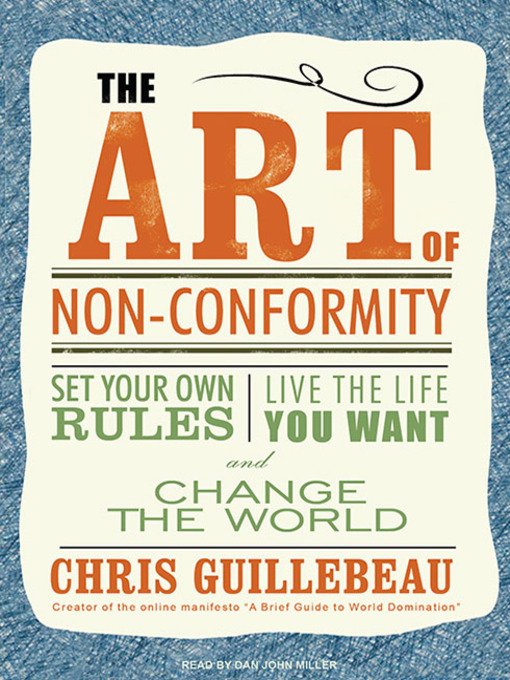 Indeed, during an interesting conversation, the interlocutor's eyes are wide open and directed in your direction) . And even if all of the above is not there, it’s still better not to say too much. nine0003
Indeed, during an interesting conversation, the interlocutor's eyes are wide open and directed in your direction) . And even if all of the above is not there, it’s still better not to say too much. nine0003
You should not talk about what you do not know, what you are not sure about, which is connected with spiritual harm to those who listen to you. You need to talk about what you are knowledgeable about, what is useful to others, and at the same time be brief. It is better for people to want you to talk more than to have you shut up. Even good things must be done in moderation. According to the word of the Wise One, you found honey - eat as much as you need, so as not to get fed up with it and not vomit it 129 .
Question : When can discussion be useful?
Answer : When both parties want to share information with each other and want to find out the truth and when a person must publicly defend his beliefs.
Question : Can arguments and discussions lead a person to faith?
Reply : There are two kinds of unbelief: from ignorance and from depraved will (and the worst here is spiritual pride). But if in the first case it is possible to induce a person to take questions of worldview more seriously, then in the second a wounded pride begins to speak in a person, making him deaf (but not dumb). nine0003
But if in the first case it is possible to induce a person to take questions of worldview more seriously, then in the second a wounded pride begins to speak in a person, making him deaf (but not dumb). nine0003
Question : Who can't be trusted?
Answer : To the person who:
1 . promises a lot;
2 . constantly talks about his honor and his merits;
3 . praises people to their faces and blames them behind their backs;
4 . in any case, swears love and devotion;
5 . uses too many jokes and proverbs in his speech.
Question : When should a discussion end?
Answer : When a person seeks not to understand the person he is talking to, but to assert his own opinion. When the subject of the conversation is unfamiliar and uninteresting to the interlocutor. When one interrupts the other. When a person repeats the same thing. When he does not speak, but recites, like an artist on stage (this means that he has no evidence and instead of reason, emotions act in him). When a person ignores the facts and instead of answering a question, jumps from one topic to another. When he considers himself right in everything and does not admit that he makes mistakes. When a person acts as a know-it-all. When he speaks not of principles, but of personalities. When, instead of evidence, sarcastic ridicule comes forward. When a person replies off topic. When a person talks too much without even letting the interlocutor insert a word (this is a sign of a narcissistic fool who does not have clarity of thought, but listens with pleasure to his voice, like a music lover to Caruso's aria; in this case, if the conversation continues, it will no longer be a dialogue, but two monologues isolated from each other). If a person allows incorrectness in address, insulting tone and expressions (foolishness without holiness loses its charm and turns into ordinary disgusting). In general, it must be remembered that a person's life is summed up in the heart, and in conversation, first of all, the content of the heart and the passion of the soul sound.
When a person ignores the facts and instead of answering a question, jumps from one topic to another. When he considers himself right in everything and does not admit that he makes mistakes. When a person acts as a know-it-all. When he speaks not of principles, but of personalities. When, instead of evidence, sarcastic ridicule comes forward. When a person replies off topic. When a person talks too much without even letting the interlocutor insert a word (this is a sign of a narcissistic fool who does not have clarity of thought, but listens with pleasure to his voice, like a music lover to Caruso's aria; in this case, if the conversation continues, it will no longer be a dialogue, but two monologues isolated from each other). If a person allows incorrectness in address, insulting tone and expressions (foolishness without holiness loses its charm and turns into ordinary disgusting). In general, it must be remembered that a person's life is summed up in the heart, and in conversation, first of all, the content of the heart and the passion of the soul sound. People who are on different spiritual waves cease to understand each other: from such a conversation, not rapprochement occurs, but an even greater divergence. nine0003
People who are on different spiritual waves cease to understand each other: from such a conversation, not rapprochement occurs, but an even greater divergence. nine0003
In all cases, one should remember the confession of St. Arseny the Great: “After conversations, I often repented, but after silence, never” 130 .
* * *
121
See: Jas. 3 , 6, 4–5.– Ed.
122
See the seventh canon of the IV Ecumenical Council: “We determined those who were once promoted to the clergy and monks not to enter either military service or lay rank; otherwise daring to do this and not returning with repentance to what they had previously chosen for God, anathematize ”(Canons, or the Book of Rules of the Holy Apostles, Holy Councils, Ecumenical and Local, and Holy Fathers in Russian. St. Petersburg, 2000. C 48–49).– Ed.
123
Matt. 5 , 44.- Ed.
5 , 44.- Ed.
124
Rome. 12 , 14.– Ed.
125
Secondary 32 , 35.– Ed.
126
Matt. 7 , 2.– Ed.
127
See: Int. 18 , 37.– Ed.
128
Arba - cart. - Rev.
129
25 , 16.– Ed.
130
Memorable stories about the asceticism of the holy and blessed fathers. P. 53.– Ed.
Part 15 Part 17
Source: The ability to die, or the Art of living: about the memory of death, the commandments of God and obedience, as well as other items of spiritual benefit Raphael (Karelin).
